
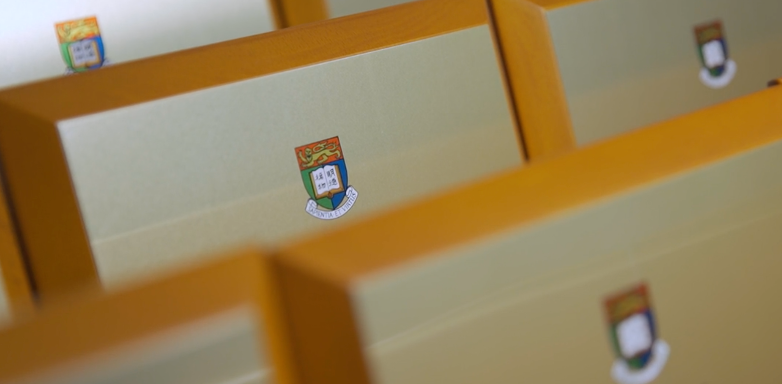
{{'Newsletter' | t}}
Kathy Chen - When Science Meets Humanity
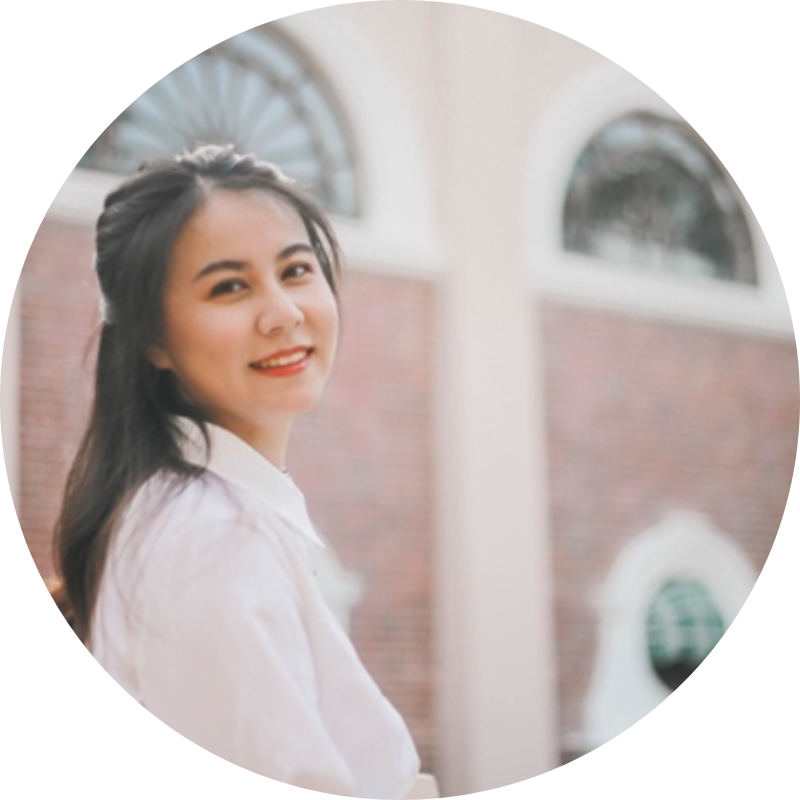
Ning Chen, Kathy—a PhD candidate in Regenerative Medicine, Li Ka Shing Faculty of Medicine—has pioneered a novel therapy in stem cell innovation and is determined to keep up her passion for regenerative medicine.
Kathy is also one of our Postgraduate Student Ambassadors who actively engage with the RPg community to help create a supportive and uplifting environment at HKU. Below, Kathy shares her passion for interdisciplinary science, as well as her PhD life beyond the lab.
Unlocking the Regenerative Power of Lgr5+ Cells in the Achilles Tendon
Tendinopathy affects millions worldwide, from ageing populations to athletes, often leading to chronic pain and limited mobility due to the tendon’s poor self-repair capacity. At HKU, my work targets this challenge by harnessing a unique population of stem cells marked by the Lgr5 gene—cells we’ve traced to the developing knee joint and Achilles tendon.
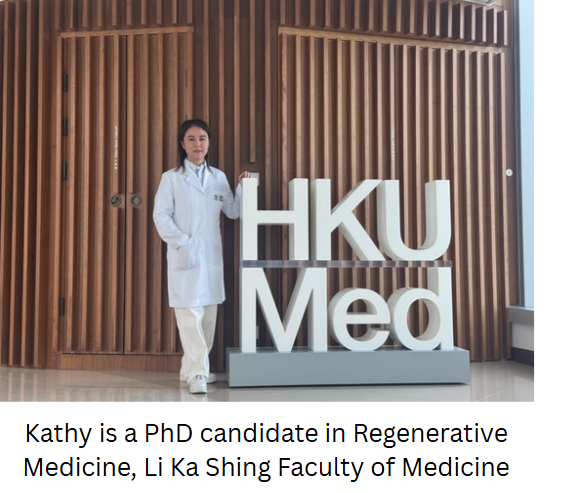
Our groundbreaking discovery reveals that Lgr5+ cells act as ‘repair crews’ during early tendon development. While Lgr6+ cells persist into adulthood, Lgr5+ cells vanish after 4 weeks of age in mice—a timeline that mirrors the decline in natural healing capacity as tendons mature. Intriguingly, when adult mice sustain tendon injuries, we observe a fleeting resurgence of Lgr5-GFP+ cells at the seven-day post-surgery mark, suggesting these cells hold the key to regeneration.
Using HKU’s advanced biomaterial engineering facilities, I’ve pioneered a novel therapy: encapsulating Lgr5-GFP+ tdTomato+ cells (isolated from embryonic knee joint interzones) in hydrogels and transplanting them into injured Achilles tendons. One week post-implantation, these exogenous cells not only survive but align seamlessly with the tendon’s collagen fibres—a critical step towards functional repair. This work, supported by HKU’s real-time imaging systems, provides the first evidence that reactivating developmental pathways could reverse age-related healing deficits.
Under the supervision of Professor Danny Chan—a world-renowned scientist in stem cell and musculoskeletal diseases, former Director of HKU’s School of Biomedical Sciences, and current Senior Advisor (Policy & Governance) to the Faculty of Medicine—I’m exploring how to translate bold ideas into ethical, clinically viable solutions. Professor Chan’s unparalleled experience, spanning both groundbreaking research and institutional leadership, epitomises HKU’s commitment to nurturing tomorrow’s scientific pioneers.
Global Insights: Conferences and Cross-Border Learning
Presenting these findings at the GRC Cartilage Biology and Pathology Conference (Italy 2023 and USA 2025), sparked collaborations with biomechanics experts. A keynote in Italy on mechanical loading’s role in stem cell differentiation directly inspired our hydrogel design, while discussions in the USA with AI pioneers refined our data analysis pipelines.
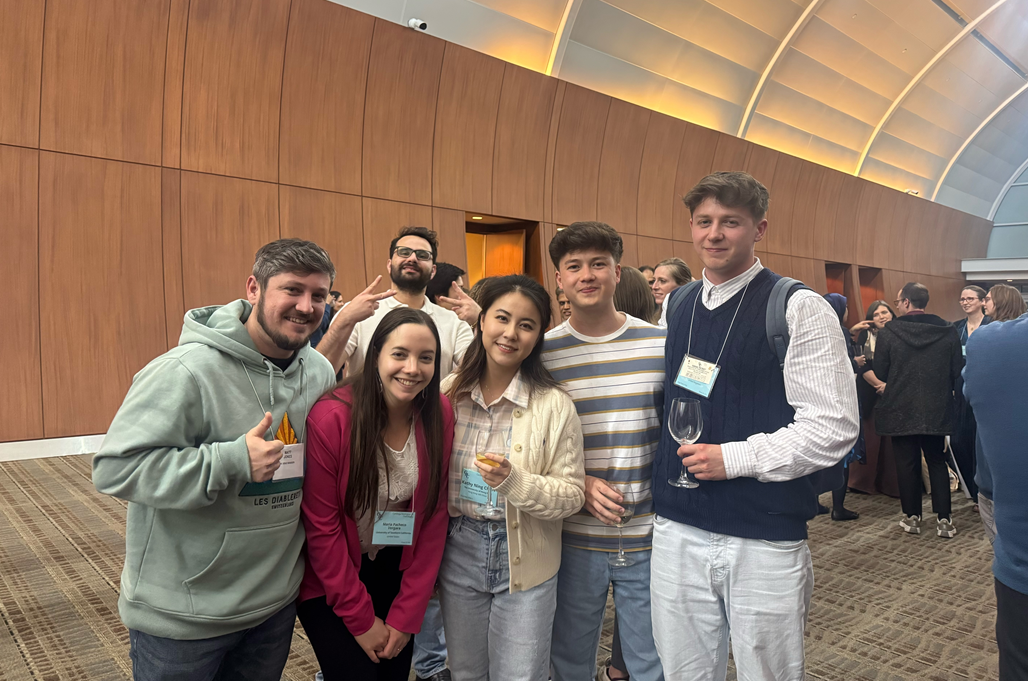
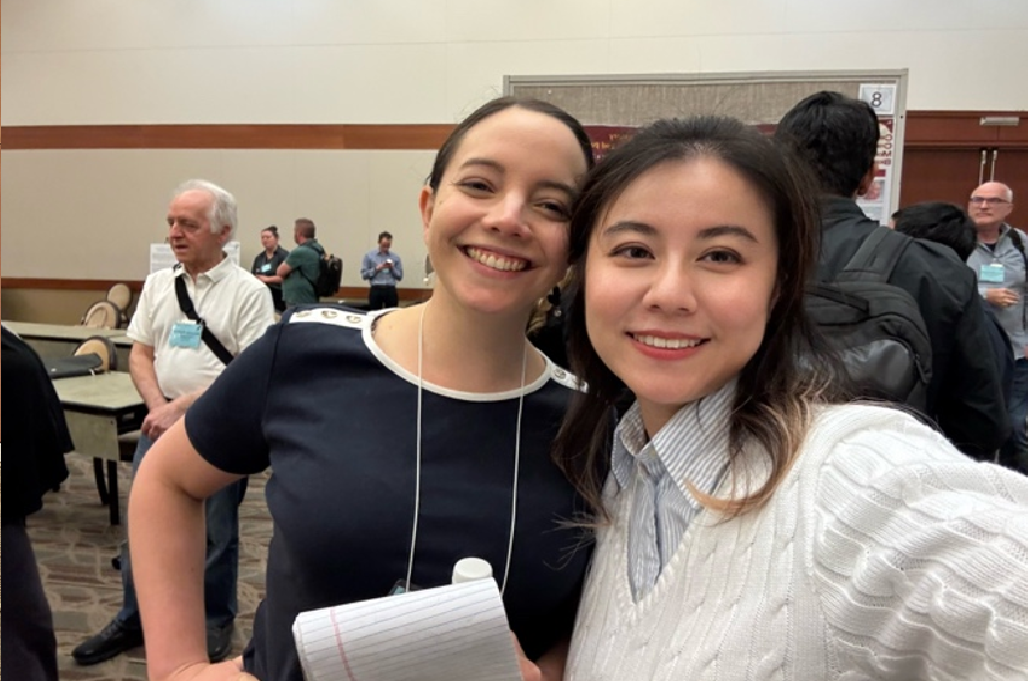
Kathy participating at the GRC Cartilage Biology and Pathology Conference.
My passion for interdisciplinary science also led me to a biomedical engineering exchange at Tsinghua University, where I explored 3D bioprinting techniques to optimise cell delivery scaffolds. Debating scaffold porosity with Tsinghua engineers over a Peking duck lunch epitomises how global exchanges fuel innovation.
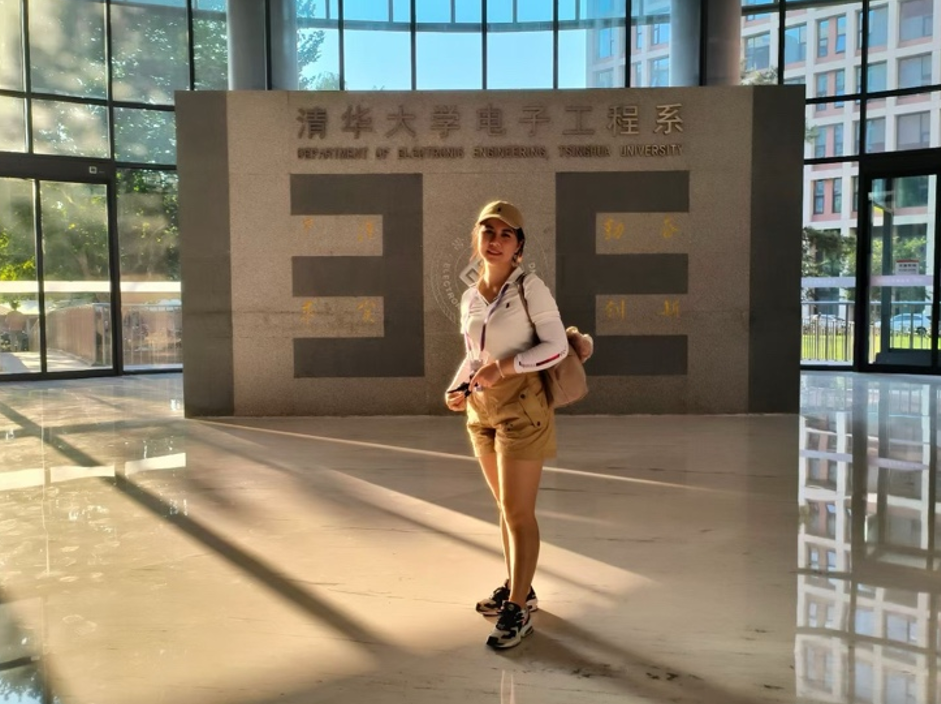
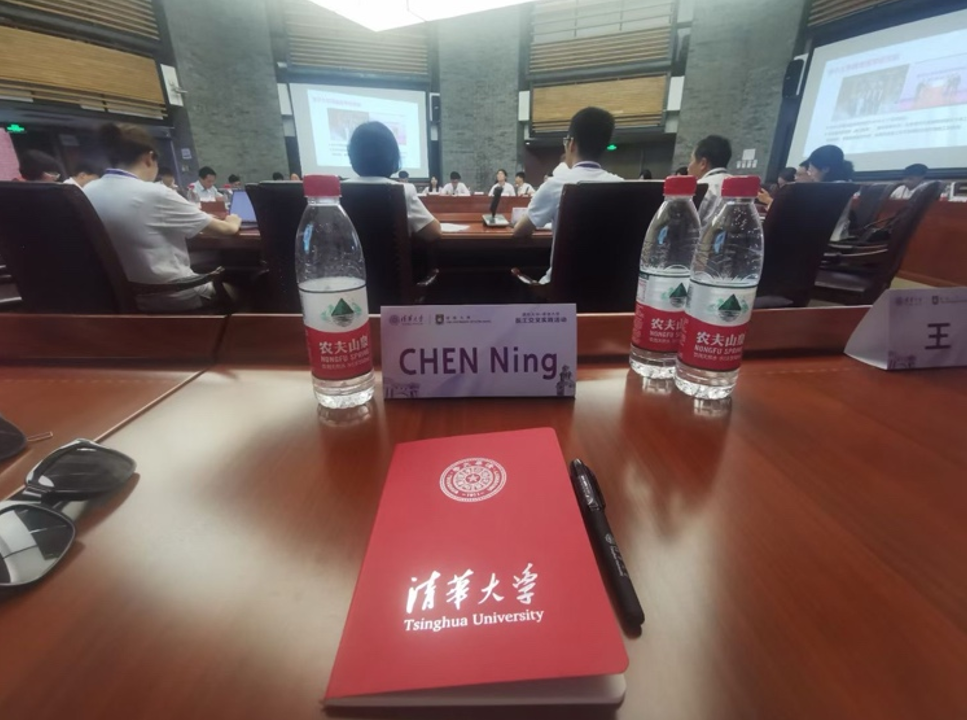
Kathy joining a biomedical engineering exchange at Tsinghua University.
HKU’s Ecosystem: Where Discovery Thrives
HKU’s world-class facilities—including our cutting-edge bioreactors—allow me to simulate tendon mechanical loading to study Lgr5+ cell behaviour under injury-mimicking conditions. But it’s the people who make HKU extraordinary. A coffee chat with bioinformatics peers evolved into a machine learning idea predicting optimal Lgr5+ cell dosages for personalised therapies.
Inspired by HKU’s interdisciplinary culture and sparked by discussions with bioinformatics peers, I’m exploring a nascent idea: Could AI decode the relationship between Lgr5+ cell activity and healing outcomes? My vision is to develop algorithms trained on MRI datasets that could predict which patients would benefit most from Lgr5+ cell therapy—a potential leap towards democratising precision medicine. This concept builds on my wet lab findings about Lgr5+ cell dynamics and aligns with HKU’s strength in bridging biology with computational innovation. While still in its early stages, this idea exemplifies how curiosity-driven conversations at HKU can seed transformative research directions.
Bridging Lab and Community
My passion for regenerative medicine extends beyond pipettes and petri dishes. As a volunteer with HKU Med’s Knowledge Exchange initiative, I co-created accessible workshops for the Little People of Hong Kong (LPHK) New Year gathering, guiding families through the science of dwarfism with visual aids and Q&A sessions. This experience—translating complex biology into actionable knowledge for patients—reshaped how I approach therapeutic development: science thrives not just in discovery, but in dialogue. HKU’s emphasis on community-engaged learning ensures our breakthroughs remain grounded in the lived realities of those we aim to heal.
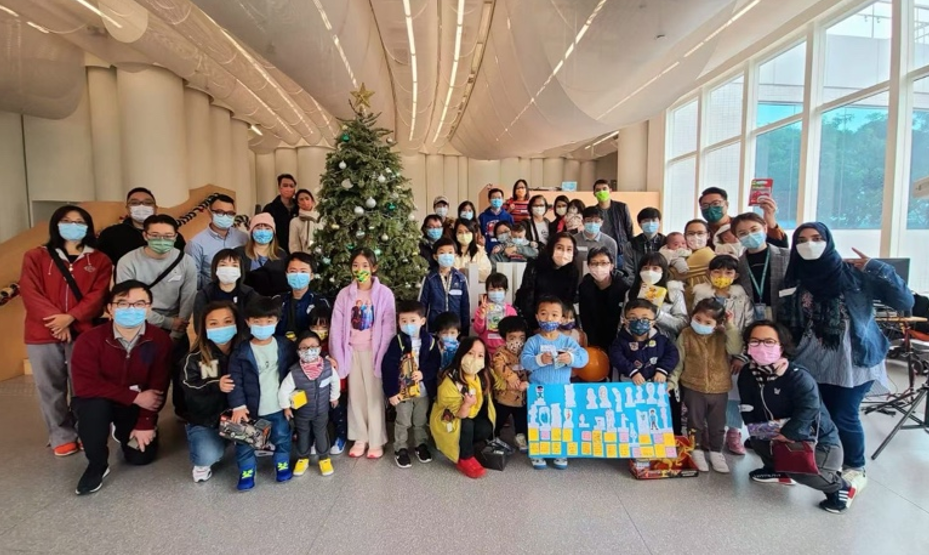
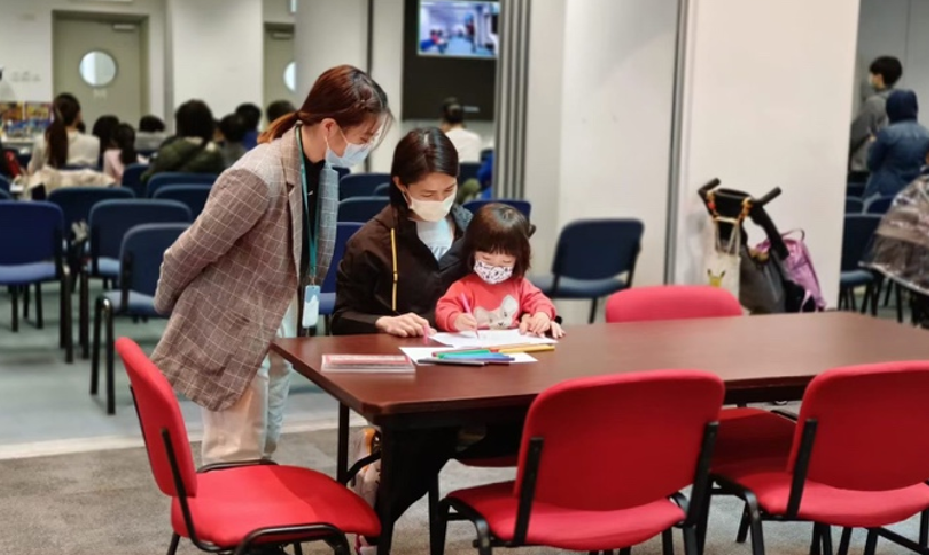
Kathy co-created accessible workshops for the Little People of Hong Kong (LPHK) New Year gathering.
Beyond the Lab: Balance and Precision
When not investigating regenerative medicine, I find focus through the disciplined art of archery as a member of HKU’s competitive team—a practice that mirrors the patience and precision of experimental design. HKU’s stunning surroundings also fuel my passion for rock climbing and trail running, activities that teach resilience crucial for tackling research roadblocks. The University’s commitment to holistic growth shines through its 100+ student societies and adventure programmes, proving that groundbreaking science and a spirit of exploration aren’t just compatible here—they’re how we thrive.
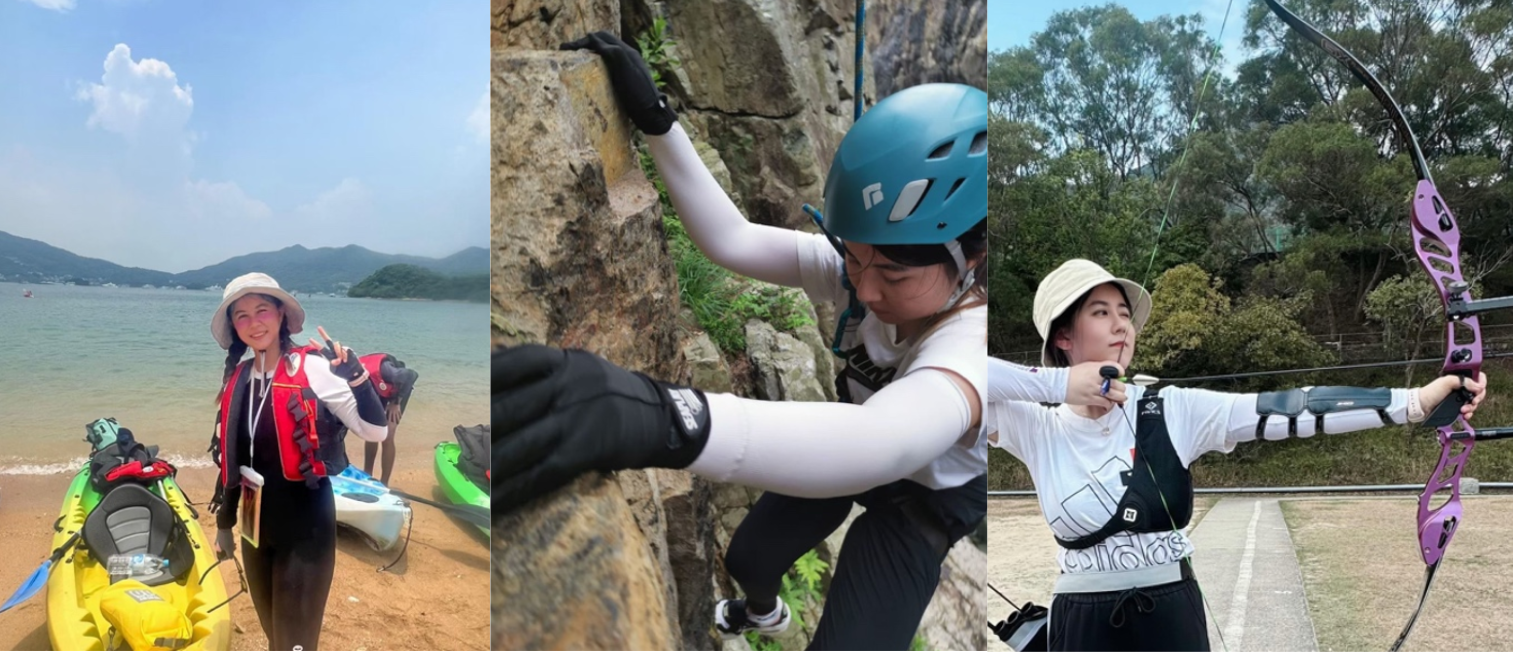
Kathy participating in different outdoor activities.
Join HKU’s RPg Family—Where Science Meets Humanity
If you are driven to turn biological mysteries into medical breakthroughs, HKU offers the tools, mentors, and global network to make it happen. Here, every conference, collaboration, and even a lunch debate can redefine what’s possible.
